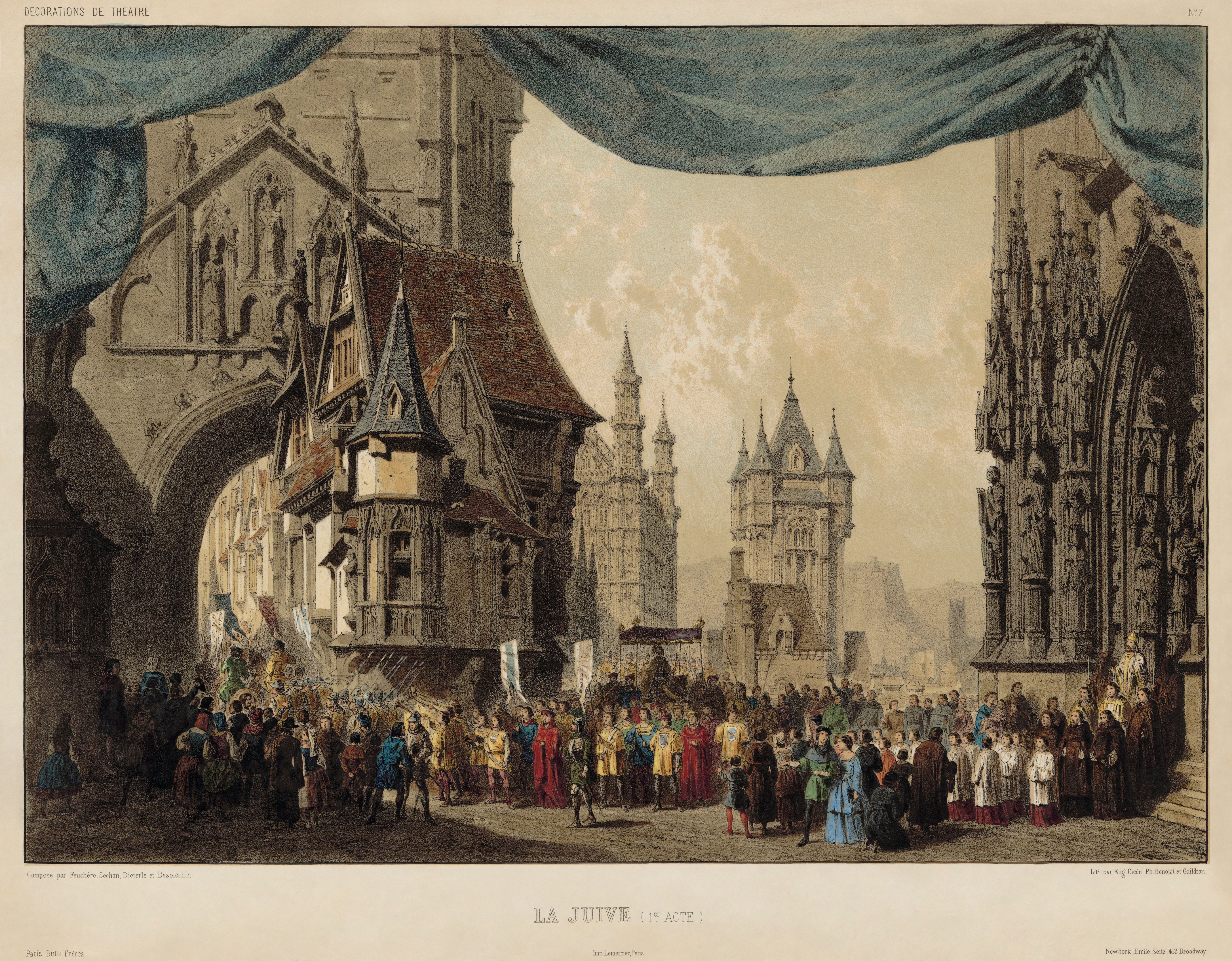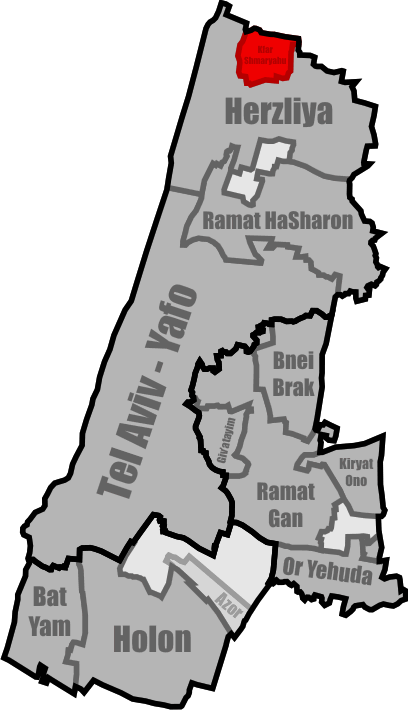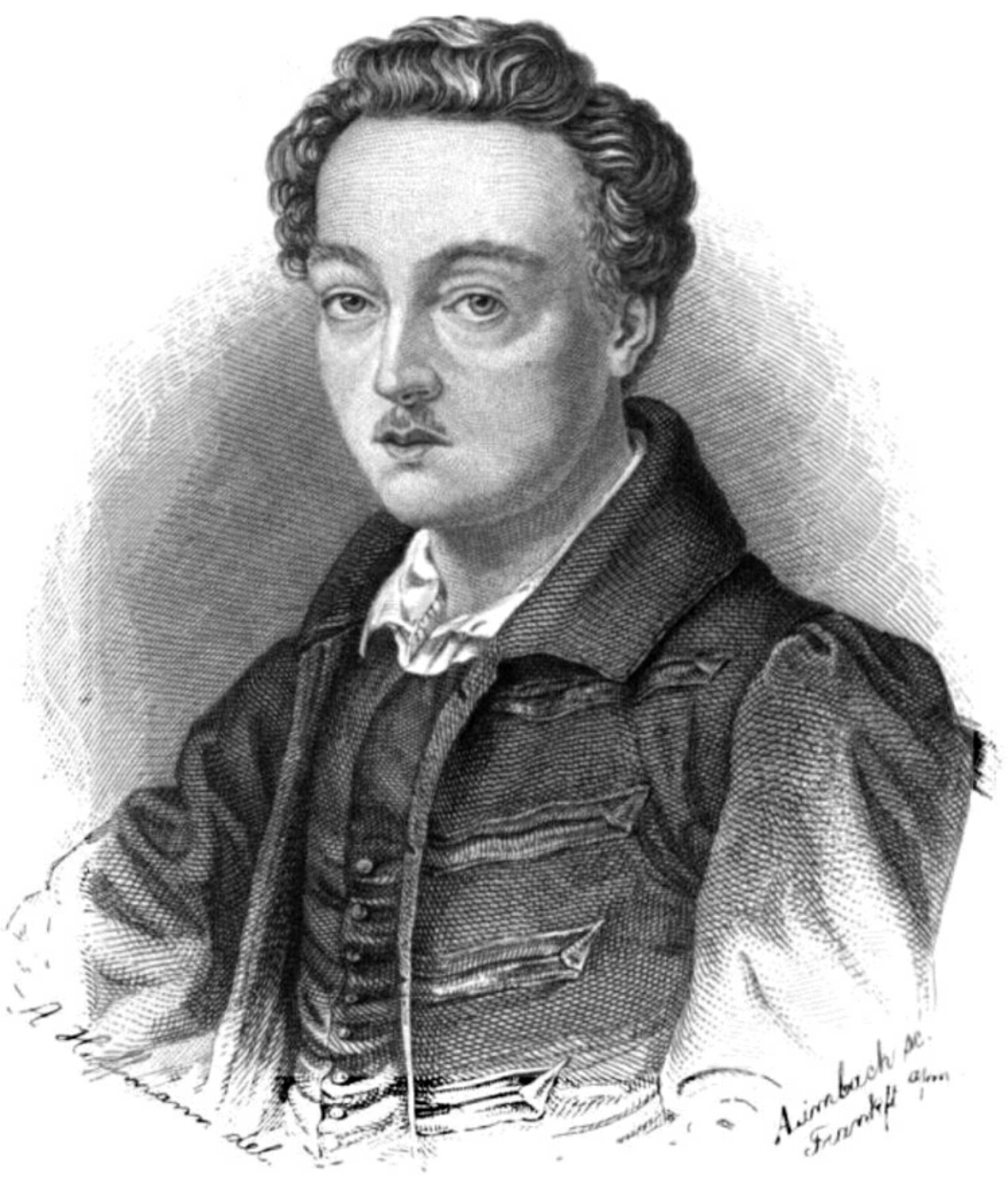|
Rose Pauly (singer)
Rose Pauly (sometimes Pauly-Dresden, born Rose Pollak; 15 March 1894 – 14 December 1975) was a Hungarian soprano. Life and career A native of Eperjeske, Pauly studied in Vienna with Rosa Papier-Paumgartner, and during the 1917–18 season made her debut in Hamburg in a minor role in ''Martha''. She next went to Gera and Karlsruhe before singing the title role in the German premiere of ''Káťa Kabanová'' in Cologne in 1922. 1923 saw her appear at the Vienna Staatsoper, where she would go on to sing Sieglinde, the Empress, and Rachel, and where in 1931 she created the role of Agave in ''Die Bakchantinnen'' by Egon Wellesz. From 1927-31 she was on the roster of the Kroll Oper, and she won acclaim for her performances at the Berlin Staatsoper in the roles of Marie in ''Wozzeck'' and the title roles in ''Jenůfa'' and '' Elektra''. In 1933 she appeared in Salzburg as the Dyer's Wife; the following year she returned in '' Elektra'' in the title role, which she would debut at the ... [...More Info...] [...Related Items...] OR: [Wikipedia] [Google] [Baidu] |
Soprano
A soprano () is a type of classical female singing voice and has the highest vocal range of all voice types. The soprano's vocal range (using scientific pitch notation) is from approximately middle C (C4) = 261 Hz to "high A" (A5) = 880 Hz in choral music, or to "soprano C" (C6, two octaves above middle C) = 1046 Hz or higher in operatic music. In four-part chorale style harmony, the soprano takes the highest part, which often encompasses the melody. The soprano voice type is generally divided into the coloratura, soubrette, lyric, spinto, and dramatic soprano. Etymology The word "soprano" comes from the Italian word '' sopra'' (above, over, on top of),"Soprano" '' |
La Juive
''La Juive'' () (''The Jewess'') is a grand opera in five acts by Fromental Halévy to an original French libretto by Eugène Scribe; it was first performed at the Opéra, Paris, on 23 February 1835. Composition history ''La Juive'' was one of the most popular and admired operas of the 19th century. Its libretto (text) was the work of Eugène Scribe, the prolific dramatic author. Scribe was writing to the tastes of the Opéra de Paris, where the work was first performed – a work in five acts presenting spectacular situations (here the Council of Constance of 1414), which would allow a flamboyant staging in a setting which brought out a dramatic situation which was also underlined by a powerful historical subject. In addition to this, there could be choral interludes, ballet and scenic effects which took advantage of the entire range of possibilities available at the Paris Opera. Because of the story of an impossible love between a Christian man and a Jewish woman, the work ha ... [...More Info...] [...Related Items...] OR: [Wikipedia] [Google] [Baidu] |
Hungarian Emigrants To Israel
Hungarian may refer to: * Hungary, a country in Central Europe * Kingdom of Hungary, state of Hungary, existing between 1000 and 1946 * Hungarians, ethnic groups in Hungary * Hungarian algorithm, a polynomial time algorithm for solving the assignment problem * Hungarian language, a Finno-Ugric language spoken in Hungary and all neighbouring countries * Hungarian notation, a naming convention in computer programming * Hungarian cuisine, the cuisine of Hungary and the Hungarians See also * * {{disambiguation Language and nationality disambiguation pages ... [...More Info...] [...Related Items...] OR: [Wikipedia] [Google] [Baidu] |
1975 Deaths
It was also declared the ''International Women's Year'' by the United Nations and the European Architectural Heritage Year by the Council of Europe. Events January * January 1 - Watergate scandal (United States): John N. Mitchell, H. R. Haldeman and John Ehrlichman are found guilty of the Watergate cover-up. * January 2 ** The Federal Rules of Evidence are approved by the United States Congress. ** Bangladesh revolutionary leader Siraj Sikder is killed by police while in custody. ** A bomb blast at Samastipur, Bihar, India, fatally wounds Lalit Narayan Mishra, Minister of Railways. * January 5 – Tasman Bridge disaster: The Tasman Bridge in Hobart, Tasmania, Australia, is struck by the bulk ore carrier , killing 12 people. * January 7 – OPEC agrees to raise crude oil prices by 10%. * January 10–February 9 – The flight of ''Soyuz 17'' with the crew of Georgy Grechko and Aleksei Gubarev aboard the ''Salyut 4'' space station. * January 15 – Alvor Agreement: Portuga ... [...More Info...] [...Related Items...] OR: [Wikipedia] [Google] [Baidu] |
1894 Births
Events January–March * January 4 – A military alliance is established between the French Third Republic and the Russian Empire. * January 7 – William Kennedy Dickson receives a patent for motion picture film in the United States. * January 9 – New England Telephone and Telegraph installs the first battery-operated telephone switchboard, in Lexington, Massachusetts Lexington is a suburban town in Middlesex County, Massachusetts, United States. It is 10 miles (16 km) from Downtown Boston. The population was 34,454 as of the 2020 census. The area was originally inhabited by Native Americans, and was firs .... * February 12 ** French anarchist Émile Henry (anarchist), Émile Henry sets off a bomb in a Paris café, killing one person and wounding twenty. ** The barque ''Elisabeth Rickmers'' of Bremerhaven is wrecked at Haurvig, Denmark, but all crew and passengers are saved. * February 15 ** In Korea, peasant unrest erupts in the Donghak Peasant ... [...More Info...] [...Related Items...] OR: [Wikipedia] [Google] [Baidu] |
Tel Aviv
Tel Aviv-Yafo ( he, תֵּל־אָבִיב-יָפוֹ, translit=Tēl-ʾĀvīv-Yāfō ; ar, تَلّ أَبِيب – يَافَا, translit=Tall ʾAbīb-Yāfā, links=no), often referred to as just Tel Aviv, is the most populous city in the Gush Dan metropolitan area of Israel. Located on the Israeli coastal plain, Israeli Mediterranean coastline and with a population of , it is the Economy of Israel, economic and Technology of Israel, technological center of the country. If East Jerusalem is considered part of Israel, Tel Aviv is the country's second most populous city after Jerusalem; if not, Tel Aviv is the most populous city ahead of West Jerusalem. Tel Aviv is governed by the Tel Aviv-Yafo Municipality, headed by Mayor Ron Huldai, and is home to many List of diplomatic missions in Israel, foreign embassies. It is a Global city, beta+ world city and is ranked 57th in the 2022 Global Financial Centres Index. Tel Aviv has the List of cities by GDP, third- or fourth-largest e ... [...More Info...] [...Related Items...] OR: [Wikipedia] [Google] [Baidu] |
Kfar Shmaryahu
Kfar Shmaryahu ( he, כְּפַר שְׁמַרְיָהוּ, ar, كفار شمرياهو) is a local council in Israel, within the Tel Aviv District. History Kfar Shmaryahu was founded in May 1937, during the Fifth Aliyah. The founding members were German-Jewish immigrants, who named the village after Shmaryahu Levin (1867–1935), a Russian-born Jewish Zionist leader. The village was founded as an agricultural community, with forty farms, thirty auxiliary farms, and twenty lots for housing projects. A well was drilled, and a synagogue that became the center of community life was also built. In late 1938, 60 families were living there, and the predominant language was German. Throughout the following years the town absorbed new immigrants. In 1950 it was declared a local council and was granted additional land. File:AERIAL VIEW OF KFAR SHMARYAHU. צילום אוויר של כפר שמריהו.D28-080.jpg, Kfar Shmaryhu 1938 File:A LINE OF HOUSES AT KFAR SHMARYAHU. בתים ב� ... [...More Info...] [...Related Items...] OR: [Wikipedia] [Google] [Baidu] |
Metropolitan Opera
The Metropolitan Opera (commonly known as the Met) is an American opera company based in New York City, resident at the Metropolitan Opera House at Lincoln Center, currently situated on the Upper West Side of Manhattan. The company is operated by the non-profit Metropolitan Opera Association, with Peter Gelb as general manager. As of 2018, the company's current music director is Yannick Nézet-Séguin. The Met was founded in 1883 as an alternative to the previously established Academy of Music opera house, and debuted the same year in a new building on 39th and Broadway (now known as the "Old Met"). It moved to the new Lincoln Center location in 1966. The Metropolitan Opera is the largest classical music organization in North America. Until 2019, it presented about 27 different operas each year from late September through May. The operas are presented in a rotating repertory schedule, with up to seven performances of four different works staged each week. Performances are ... [...More Info...] [...Related Items...] OR: [Wikipedia] [Google] [Baidu] |
Royal Opera House
The Royal Opera House (ROH) is an opera house and major performing arts venue in Covent Garden, central London. The large building is often referred to as simply Covent Garden, after a previous use of the site. It is the home of The Royal Opera, The Royal Ballet, and the Orchestra of the Royal Opera House. The first theatre on the site, the Theatre Royal (1732), served primarily as a playhouse for the first hundred years of its history. In 1734, the first ballet was presented. A year later, the first season of operas, by George Frideric Handel, began. Many of his operas and oratorios were specifically written for Covent Garden and had their premieres there. The current building is the third theatre on the site, following disastrous fires in 1808 and 1856 to previous buildings. The façade, foyer, and auditorium date from 1858, but almost every other element of the present complex dates from an extensive reconstruction in the 1990s. The main auditorium seats 2,256 people, mak ... [...More Info...] [...Related Items...] OR: [Wikipedia] [Google] [Baidu] |
Elektra (opera)
''Elektra'', Opus number, Op. 58, is a one-act opera by Richard Strauss, to a German-language libretto by Hugo von Hofmannsthal, which he adapted from his 1903 drama ''Elektra''. The opera was the first of many collaborations between Strauss and Hofmannsthal. It was first performed at the Semperoper, Königliches Opernhaus in Dresden on 25 January 1909. It was dedicated to his friends Natalie and Willy Levin. History While based on ancient Greek mythology and Sophocles' tragedy ''Electra (Sophocles play), Electra'', the opera is highly Modernism, modernist and Expressionist music, expressionist in style. Hofmannsthal's and Strauss's adaptation of the story focuses tightly on Electra, Elektra, thoroughly developing her character by single-mindedly expressing her emotions and psychology as she meets with other characters, mostly one at a time. (The order of these conversations closely follows Sophocles' play.) The other characters are Clytemnestra, Klytaemnestra, her mother and o ... [...More Info...] [...Related Items...] OR: [Wikipedia] [Google] [Baidu] |
Jenůfa
''Její pastorkyňa'' (''Her Stepdaughter''; commonly known as ''Jenůfa'' ) is an opera in three acts by Leoš Janáček to a Czech libretto by the composer, based on the play ''Její pastorkyňa'' by Gabriela Preissová. It was first performed at the National Theatre, Brno on 21 January 1904. Composed between 1896 and 1902, it is among the first operas written in prose. The first of Janáček's operas in which his distinctive voice can clearly be heard, it is a grim story of infanticide and redemption. Like the playwright's original work, it is known for its unsentimental realism. While today it is heard in the composer's original version, ''Jenůfas early popularity was due to a revised version by Karel Kovařovic, altering what was considered its eccentric style and orchestration. Thus altered, it was well-received, first in Prague, and particularly after its Vienna première also worldwide. More than 70 years passed before audiences again heard it in Janáček's original ve ... [...More Info...] [...Related Items...] OR: [Wikipedia] [Google] [Baidu] |
Wozzeck
''Wozzeck'' () is the first opera by the Austrian composer Alban Berg. It was composed between 1914 and 1922 and first performed in 1925. The opera is based on the drama ''Woyzeck'', which the German playwright Georg Büchner left incomplete at his death. Berg attended the first production in Vienna of Büchner's play on 5 May 1914, and knew at once that he wanted to base an opera on it. (At the time, the play was still known as ''Wozzeck'', due to an incorrect transcription by Karl Emil Franzos, who was working from a barely-legible manuscript; the correct title would not emerge until 1921.) From the fragments of unordered scenes left by Büchner, Berg selected 15 to form a compact structure of three acts with five scenes each. He adapted the libretto himself, retaining "the essential character of the play, with its many short scenes, its abrupt and sometimes brutal language, and its stark, if haunted, realism..." The plot depicts the everyday lives of soldiers and the townspeopl ... [...More Info...] [...Related Items...] OR: [Wikipedia] [Google] [Baidu] |






.jpg)
